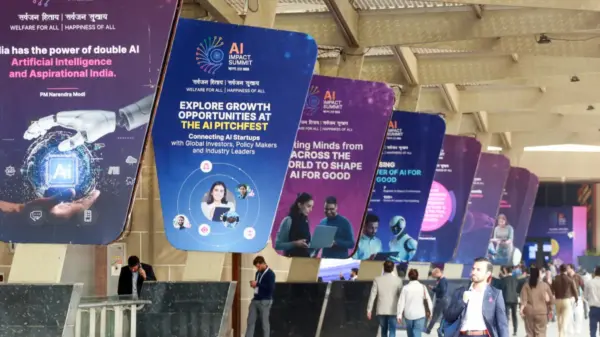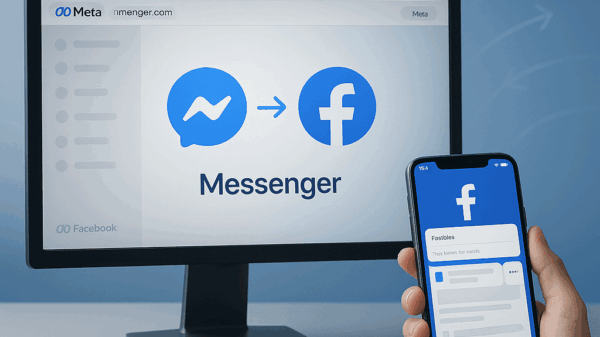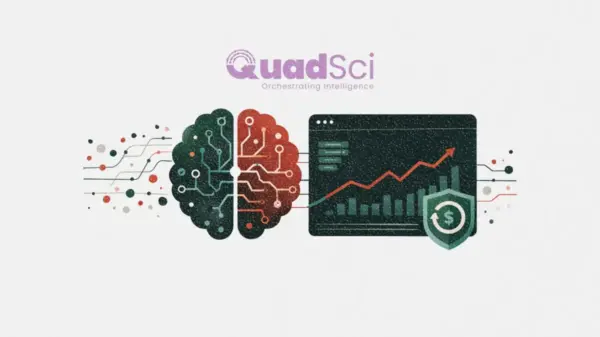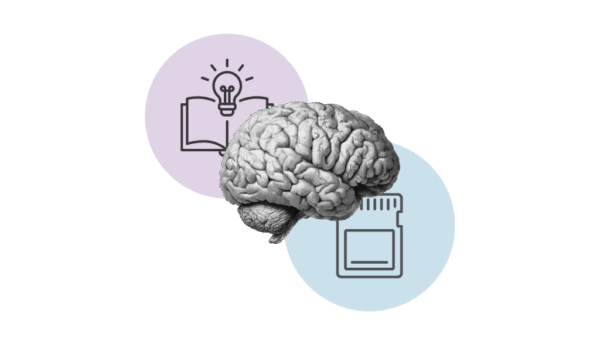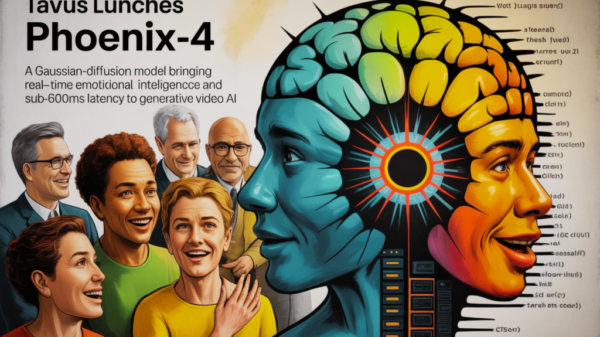As technology evolves at an unprecedented pace, organizations must adapt to thrive in the modern landscape. One of the primary challenges today is overcoming stagnation in skillsets and practices, particularly when it comes to leveraging artificial intelligence (AI). Ignoring AI could mean missing out on valuable opportunities and connections that enhance customer loyalty and engagement.
Enhancing Customer Interactions with AI
In an era where shopping hours don’t align with customer availability, many consumers opt for online purchasing during brief moments of free time. This misalignment presents a challenge for businesses, especially in sectors like automotive sales. By incorporating integrated AI, dealerships can provide swift, accurate answers to customer inquiries, thereby capturing more qualified leads.
AI chatbots can effectively act as extensions of sales teams, delivering on-demand responses to vehicle-specific questions while aligning with the brand’s voice and inventory. By utilizing AI, auto retailers can create a cohesive customer journey, ensuring sustained engagement and increasing the likelihood of closing deals.
Smooth Transitions and Enhanced Personalization
When a customer interacts with an AI assistant and the conversation transitions to a human sales representative, it’s crucial to eliminate the need for repetitive recaps. AI can efficiently summarize prior interactions and integrate this information into the customer resource management (CRM) platform. This allows marketers to deploy automated strategies based on demographic data, shopping behavior, and even issues like abandoned carts.
Furthermore, predictive analytics powered by AI can forecast customer behaviors, enabling businesses to tailor campaigns and offers. By analyzing previous purchase patterns, companies can automate suggestions for reorders or discounts, ensuring customers receive timely and relevant proposals. This predictive capability isn’t limited to retail alone; sectors like automotive can engage customers with maintenance offers based on specific vehicle data.
Streamlining Communications and Building Trust
Routine communications across industries can be automated effectively, particularly post-purchase engagements. Once a customer completes a transaction, they are often eager to receive their product and communicate with the brand. Marketers can capitalize on this moment by automating follow-up communications, maintaining customer excitement while easing the burden on support teams.
AI can also play a vital role in addressing changes in customer sentiment. By analyzing numerous data points, AI enables companies to make informed decisions about operational adjustments. For instance, if a customer inquires about a shipping issue, AI can streamline the process by collecting relevant information and escalating the concern to a representative equipped to resolve it effectively.
Leveraging Customer Insights for Loyalty
The most significant advantage of incorporating AI into marketing is the ability to craft human-centered experiences. When brands utilize AI-driven insights, they can foster deeper connections with customers, leading to increased repeat purchases and recommendations. By amplifying customer data into actionable strategies, companies can create meaningful interactions that resonate with consumers.
In summary, the integration of AI in marketing not only enhances customer experiences but also streamlines operations and facilitates deeper insights into consumer behavior. As the technology landscape continues to shift, businesses that embrace AI stand to gain a competitive edge and foster lasting loyalty among their customer base.
 Adobe Acquires Semrush for $1.9B to Transform AI Marketing with SEO Integration
Adobe Acquires Semrush for $1.9B to Transform AI Marketing with SEO Integration People.ai Appoints Kimberly Gordon as SVP Marketing and Promotes Natalie Wolf to Chief Customer Officer
People.ai Appoints Kimberly Gordon as SVP Marketing and Promotes Natalie Wolf to Chief Customer Officer Shernaz Daver Exits Khosla Ventures After Transforming AI Investment Strategy
Shernaz Daver Exits Khosla Ventures After Transforming AI Investment Strategy CMOs Transform into Growth Architects with AI, Driving 40% Revenue Boost by 2025
CMOs Transform into Growth Architects with AI, Driving 40% Revenue Boost by 2025 Oracle’s Credit-Default Swaps Surge as Traders Hedge Against AI Market Risks
Oracle’s Credit-Default Swaps Surge as Traders Hedge Against AI Market Risks















